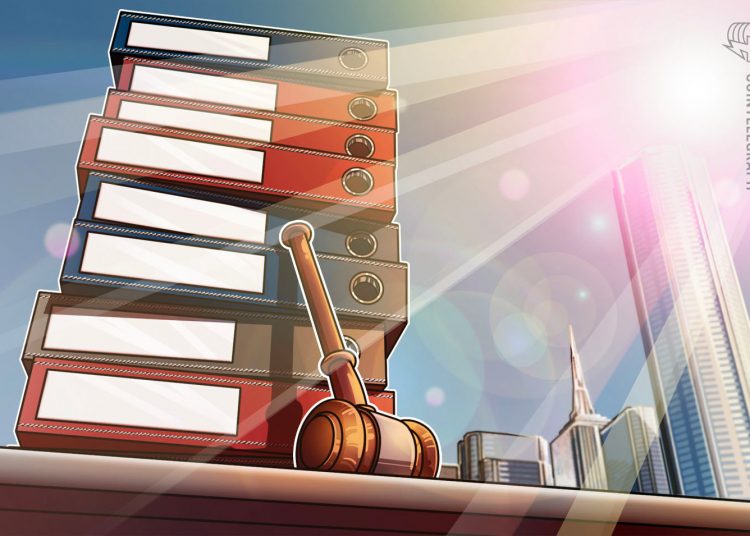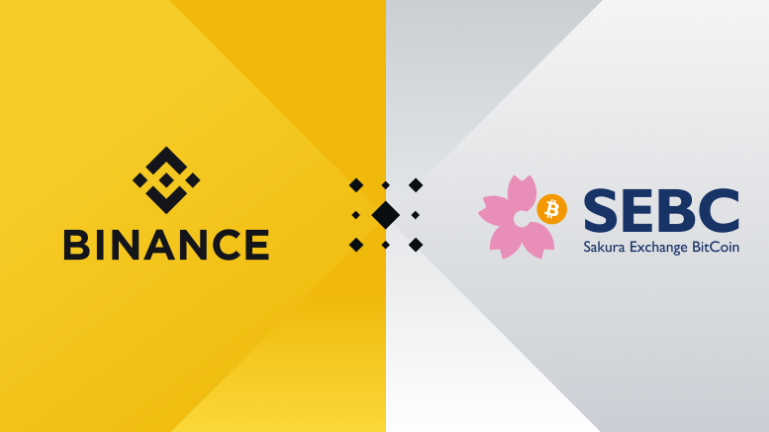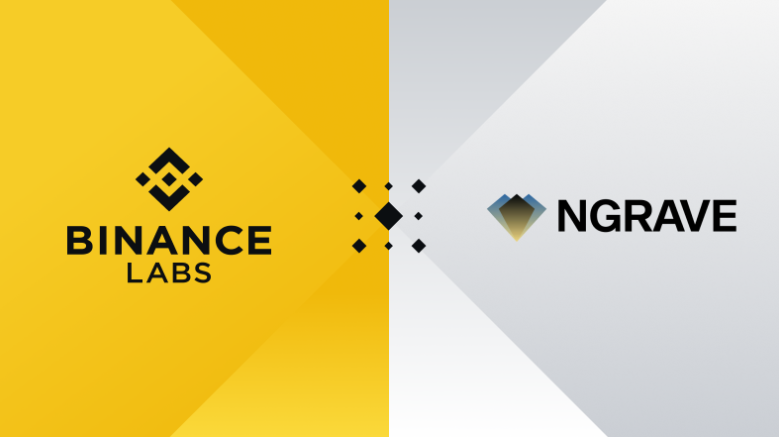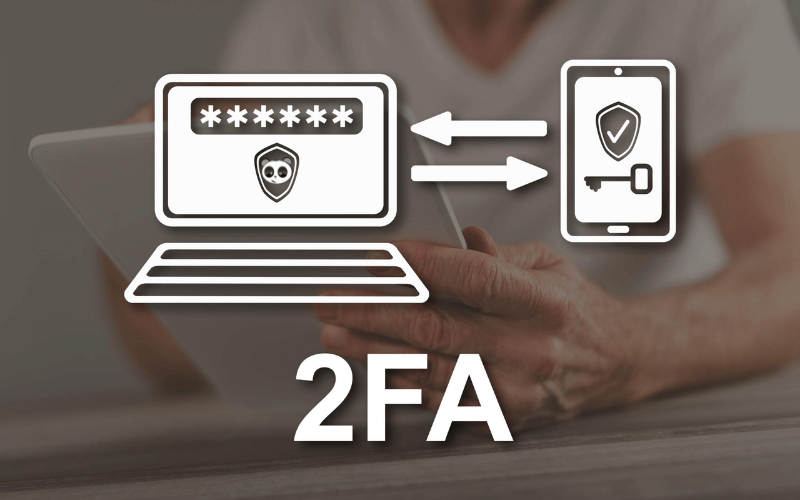Specifically, the judge dismissed the class-action lawsuit over Binance’s violation of U.S. securities laws by failing to register as a broker-dealer or exchange and selling cryptocurrency tokens that are not registered with the U.S. Securities and Exchange Commission (SEC).

The original complaint was filed in the U.S. Southern District Court by a group of investors stating that they had invested in EOS tokens, BNT, SNT, QSP, KNC, TRX, FUN, ICX, OMG, LEND, ELF and CVC around 2017 and 2018. A revised complaint was filed, listing only 9 tokens, with BNT, SMT and CVC removed. Investors said the value of the tokens had dropped significantly when buying. They are seeking compensation for the initial token purchase investment along with fees related to the transaction paid to Binance.
“Binance and its issuers have improperly engaged in millions of transactions, including soliciting, offering, and selling securities without registering tokens as securities. Not even registering as an exchange or broker at the Securities and Exchange Commission (SEC). As a result, investors must not be alerted to the significant risks inherent in these investments as well as federal and state securities laws require.”
Investors also claim that Binance has taken advantage of the attraction effect from cryptocurrencies, token marketing activities and initial cryptocurrency issuance (ICOs) on behalf of projects and profited from related transaction fees. Make investors eager to buy tokens with the expectation of profitability from owning them.” In a statement on March 31, 2022, Judge Andrew L. Carter said investors had waited up to a year after buying the token to file a complaint, which was too late. Most tokens were purchased in 2018, and the initial filing was not completed until April 2020. Although the investor side argued that when the SEC announced a framework to certify digital tokens as securities in April 2020, the time to file a complaint should have begun later. But Carter said the relevant law would apply at the time the alleged violation occurred, not at the time it was discovered. Judge Carter also said that domestic securities laws only apply to domestic institutions, while Binance is headquartered in the Cayman Islands. Although Binance uses Amazon’s Web Service to host its infrastructure and is based in the United States, that’s not enough to treat Binance as a domestic exchange.
“The plaintiffs must present more alleged evidence than just report the fact that the plaintiff made the purchase of tokens in the U.S. but that ownership was transferred in whole or in part through servers located in California, which hosts Binance’s website.”
This is not the first class-action lawsuit involving a lack of transparent identity or the sudden, damaging fluctuations that the cryptocurrency exchange has brought. In November 2020, an investor in Europe sued Binance and sought $140 million in damages when his trading orders were liquidated by Binance for no reason.
>>> Read more about Binance: Binance launches Project Galaxy (GAL) project on Launch Pools

















